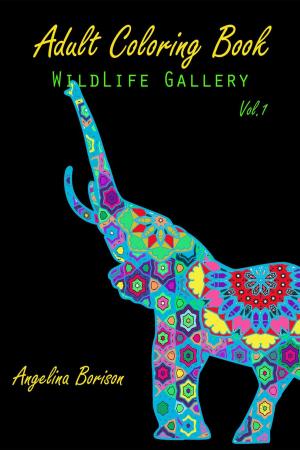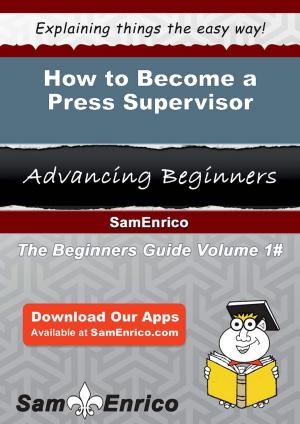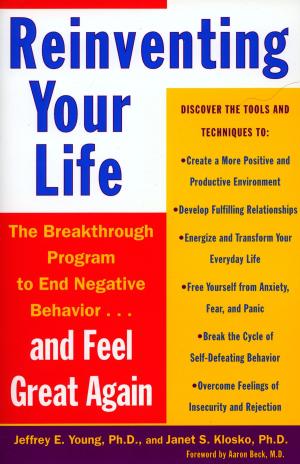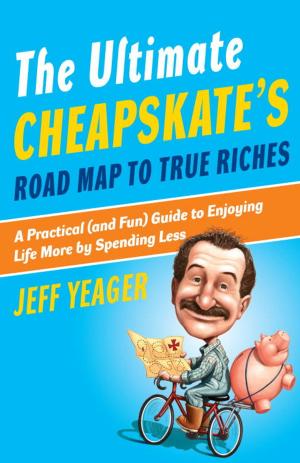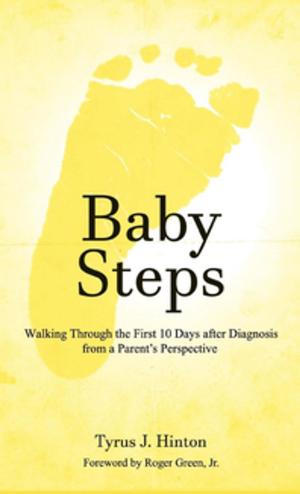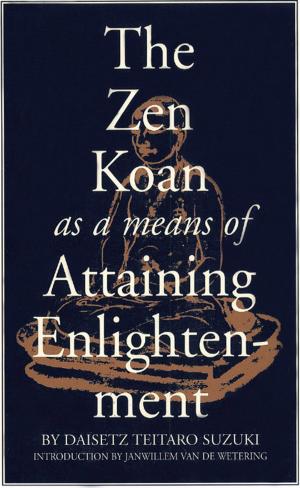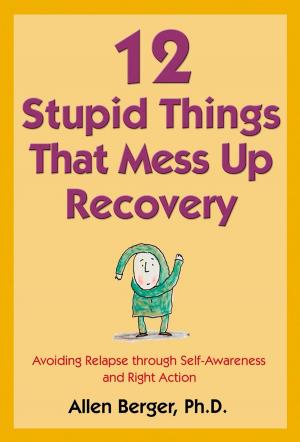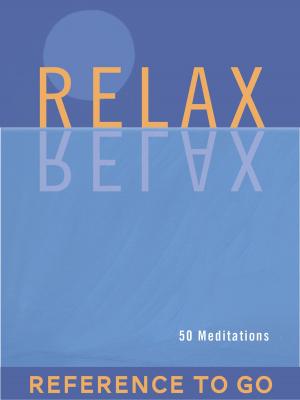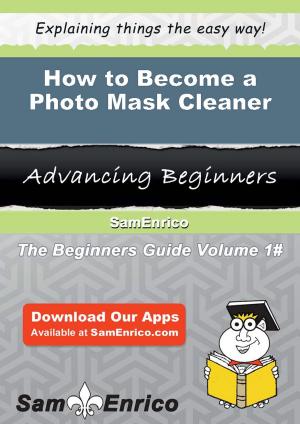Emergent Seniors’ Age-ability Framework
An Ecological Framework for Positively Supporting Changing Preferential Age-able Behaviours of Daily Living in Long Term Care
Nonfiction, Health & Well Being, Health, Aging, Self Help| Author: | Aldo Di Giovanni | ISBN: | 1230000232694 |
| Publisher: | SkillAction.ca | Publication: | March 31, 2014 |
| Imprint: | Language: | English |
| Author: | Aldo Di Giovanni |
| ISBN: | 1230000232694 |
| Publisher: | SkillAction.ca |
| Publication: | March 31, 2014 |
| Imprint: | |
| Language: | English |
a new age of old age…
As people age they change, just as they changed through child and youth development. As children and youth undergo development and emerge differently as a result of their development, so seniors undergo development and emerge differently as a result of their development.
Human adaptation and development result from feeding our strengths, not from feeding our weaknesses. All the same, the prevailing approach to care for the aged is to feed weaknesses, that is: dysfunction, disability, disintegration, disease and illness. The ‘Emergent Seniors’ Age-ability Framework’ is a developmental framework for supporting seniors to adapt and develop themselves in light of significant and irreversible changes due to aging. The ESAF attends to the person’s strengths, as they are and feeds those strengths to enable seniors to achieve their present actual potential based on their actual capacities and functionalities. The ESAF focuses especially on those changes that impact on self-concept, identity and self-esteem as a result of changes in behaviours or activities of daily living. Age-ability does not refer to chronological age by to the aging process, which is natural and normal and should have adaptive and development responses, if seniors are to live well to the end of their days.
Age-able is what an aging senior can do; age-disabled is what a senior cannot do. Age-ability covers a wide field of human functioning, including physical, mental and emotional activities. Assessment of age-ability should include perception, sensation, cognition, and responses to these in regards to behaviours or activities of daily living. And, as mentioned, in particular behaviours and activities that are intimately associated with self-concept, identity and self-esteem for it precisely these that adapt and develop as a human personality undergoes adaptation and development due to seniors’ aging.
The emergent person is the person to be valued. Emergent people should value themselves as they are in the present, and others should value them as they are in the present, and not as they were. This is essential for positive self-esteem, positive self-identity and positive personal functioning in daily living. Devaluation of the emergent person is catastrophic for the individual and the community supporting the individual.
This developmental approach in regards to changes in old age is Age-ability and provides Age-able parameters, in effect ushering in 'a new age of old age'. It calls for a change in how seniors see themselves and their emergence in positive vital living. It calls for change in how others (in particular caregivers) see seniors and their emergence into new and vital living.
This developmental approach in regards to changes in old age is Age-ability and provides Age-able parameters, in effect ushering in 'a new age of old age'. It calls for a change in how seniors see themselves and their emergence in positive vital living. It calls for change in how others (in particular caregivers) see seniors and their emergence into new and vital living.
At the time when seniors most rapidly lose their capacity to develop and adapt, they must take up significant and critical life changing developmental challenges. Building on concepts from the work of Wolf Wolfensberger (Normalization Principle and Social Role Valorization) and Urie Bronfenbrenner (Ecology of Human Development), Emergent Seniors heralds a new age of old age. Seniors and their care givers are introduced to a framework for affirmation of old age through development of new behaviours of daily living. Moving forward into this time of significant change, seniors take ownership of their personal destiny in order to positively and authentically affirm themselves by proactively and fully living to their present potential.
This is must read for seniors and for anyone who will be providing support to aging seniors. The ‘Emergent Seniors Framework’ is support by the author’s 10 years of long term care management and a 30 year career in managing social services, including human development programming.
Aldo Di Giovanni
Aldo12@sympatico.ca
905-626-2536
a new age of old age…
As people age they change, just as they changed through child and youth development. As children and youth undergo development and emerge differently as a result of their development, so seniors undergo development and emerge differently as a result of their development.
Human adaptation and development result from feeding our strengths, not from feeding our weaknesses. All the same, the prevailing approach to care for the aged is to feed weaknesses, that is: dysfunction, disability, disintegration, disease and illness. The ‘Emergent Seniors’ Age-ability Framework’ is a developmental framework for supporting seniors to adapt and develop themselves in light of significant and irreversible changes due to aging. The ESAF attends to the person’s strengths, as they are and feeds those strengths to enable seniors to achieve their present actual potential based on their actual capacities and functionalities. The ESAF focuses especially on those changes that impact on self-concept, identity and self-esteem as a result of changes in behaviours or activities of daily living. Age-ability does not refer to chronological age by to the aging process, which is natural and normal and should have adaptive and development responses, if seniors are to live well to the end of their days.
Age-able is what an aging senior can do; age-disabled is what a senior cannot do. Age-ability covers a wide field of human functioning, including physical, mental and emotional activities. Assessment of age-ability should include perception, sensation, cognition, and responses to these in regards to behaviours or activities of daily living. And, as mentioned, in particular behaviours and activities that are intimately associated with self-concept, identity and self-esteem for it precisely these that adapt and develop as a human personality undergoes adaptation and development due to seniors’ aging.
The emergent person is the person to be valued. Emergent people should value themselves as they are in the present, and others should value them as they are in the present, and not as they were. This is essential for positive self-esteem, positive self-identity and positive personal functioning in daily living. Devaluation of the emergent person is catastrophic for the individual and the community supporting the individual.
This developmental approach in regards to changes in old age is Age-ability and provides Age-able parameters, in effect ushering in 'a new age of old age'. It calls for a change in how seniors see themselves and their emergence in positive vital living. It calls for change in how others (in particular caregivers) see seniors and their emergence into new and vital living.
This developmental approach in regards to changes in old age is Age-ability and provides Age-able parameters, in effect ushering in 'a new age of old age'. It calls for a change in how seniors see themselves and their emergence in positive vital living. It calls for change in how others (in particular caregivers) see seniors and their emergence into new and vital living.
At the time when seniors most rapidly lose their capacity to develop and adapt, they must take up significant and critical life changing developmental challenges. Building on concepts from the work of Wolf Wolfensberger (Normalization Principle and Social Role Valorization) and Urie Bronfenbrenner (Ecology of Human Development), Emergent Seniors heralds a new age of old age. Seniors and their care givers are introduced to a framework for affirmation of old age through development of new behaviours of daily living. Moving forward into this time of significant change, seniors take ownership of their personal destiny in order to positively and authentically affirm themselves by proactively and fully living to their present potential.
This is must read for seniors and for anyone who will be providing support to aging seniors. The ‘Emergent Seniors Framework’ is support by the author’s 10 years of long term care management and a 30 year career in managing social services, including human development programming.
Aldo Di Giovanni
Aldo12@sympatico.ca
905-626-2536


